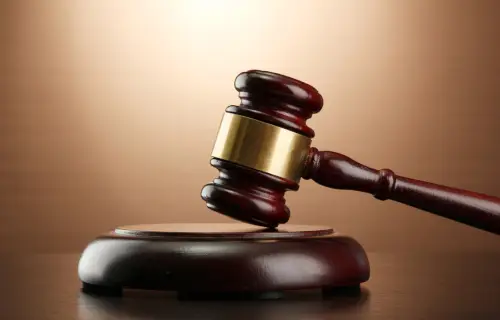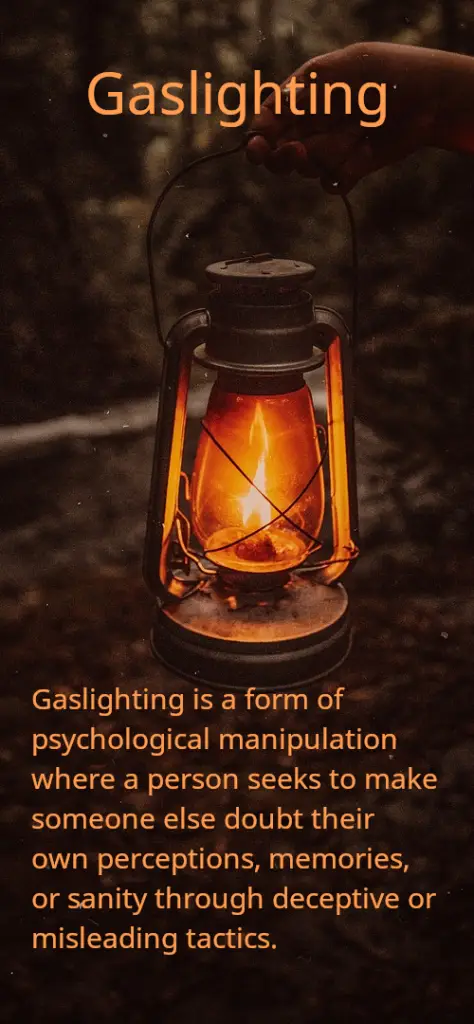Navigating the complexities of human interactions requires embracing personal responsibility in a flawed world.
Explore the power of choice, self-awareness, and accountability as we delve into the importance of discernment and action in safeguarding our values and boundaries.
BEWARE OF A PERCEPTION OF SAFETY AND TRUTH FOUND IN UNPROVEN SURROUNDINGS
In the sanctuary of a church, we often feel a sense of security and comfort, surrounded by what we perceive to be “good people.” It’s a place where we let our guards down, trusting in the inherent goodness of those around us. The temptation to filter our perceptions through what we want to see, versus what is, is a natural human default. Unless negativity and deception are obvious, we will craft a story in our own minds and hearts to fit the narrative that we need … not what is.
Beneath the surface, there may lurk individuals whose intentions are not as pure as they appear. We don’t want to think that will happen in church. After all, we’re in a “holy place”.
RESIST ASSUMING INNOCENCE – OR GUILT
The challenge arises when we struggle to discern the true nature of people, focusing more on our reactions to their behaviors rather than objectively evaluating their actions. Especially when we are taught that it is wrong to judge. What we are rarely taught, is to know how to discern behaviors without passing judgment on an individual. Judgments such as, “She’s crazy.” or “She’s a Narc.” or “She’s innocent.” Whether the judgment is “positive or negative”, it is usually given from a personal filter or perception, not an investigation, observation, compassion, discernment, or truth.

We may find ourselves making excuses for questionable conduct or dismissing red flags, all in the name of avoiding conflict or discomfort. Or we will intentionally tell ourselves a different story that contradicts what we are seeing because we don’t want to see or believe what is in front of us.
ACCEPT RESPONSIBILITY FOR WHAT YOU CHOOSE TO BELIEVE
It’s crucial to recognize that each of us holds the key to our behaviors, emotions, beliefs, and opinions. We cannot control the actions of others, but we can choose how we respond to them. Feeling offended is a natural reaction, but it is also a choice. Instead of passively allowing ourselves to be offended, we have the power to take action and make decisions that reflect our values and boundaries.
Offense can be a gift, for those willing to step back enough to question the offense and to explore why it is there in the first place. Offense is often triggered through misunderstandings and miscommunication. Rarely, do people pause long enough to ask clarifying questions regarding the offense, but instead, choose to react defensively and even aggressively. To pause, observe, clarify, and communicate after an offense has been experienced, is to grow in understanding.
In any environment, whether within the walls of a church or out in the world, we encounter a diverse array of individuals undergoing personal transformations. A transformation may be evidence of growth, healing from pain, or intentions of a negative nature for revenge or control. What are you observing? Ask clarifying questions to understand.
RECOGNIZE GASLIGHTING STATEMENTS IN OTHERS – AND IN YOURSELF

If the answers are evasive or misleading, pay attention to the fruit of that conversation, especially if the conversation is with a person holding a title of leadership. There may indeed be wolves disguised in leadership roles. It is up to us to remain vigilant, trust our instincts, and hold ourselves accountable for our choices and what we choose to believe.
Embracing personal responsibility in a flawed world is not easy. It requires courage, self-awareness, and a willingness to confront uncomfortable truths. By acknowledging that we alone are responsible for our responses and actions, we empower ourselves to navigate the complexities of human interactions with clarity and integrity.
Remember, amidst the sea of humanity lies a spectrum of good, bad, and everything in between. Through our choices and actions, we carve out our paths amidst this ever-evolving tapestry of life.
“You will know them by their fruits. Grapes are not gathered from thorn bushes, nor figs from thistles, are they? So every good tree bears good fruit, but the bad tree bears bad fruit. A good tree cannot bear bad fruit, nor can a bad tree bear good fruit. Matthew 7:15-22


